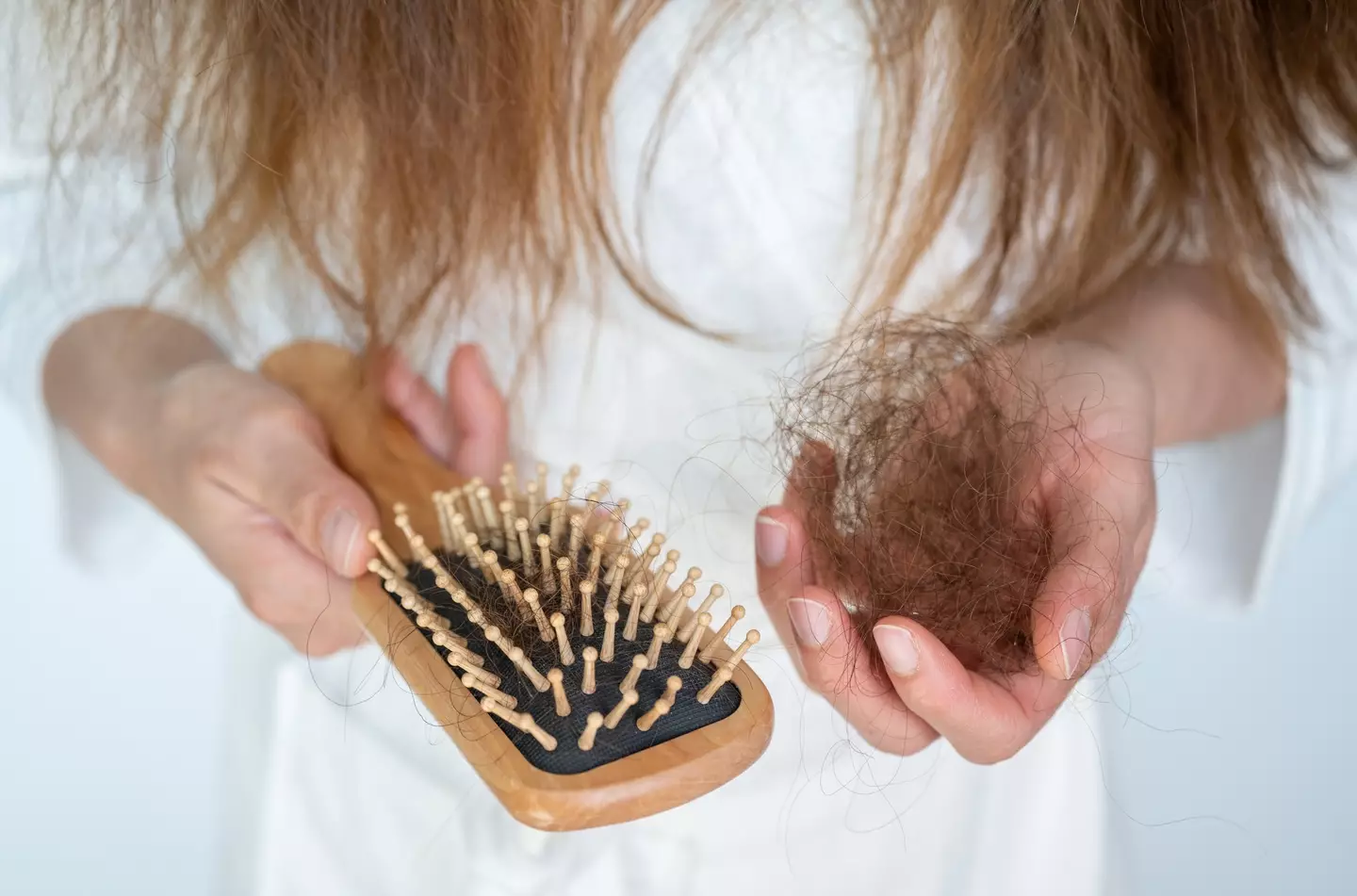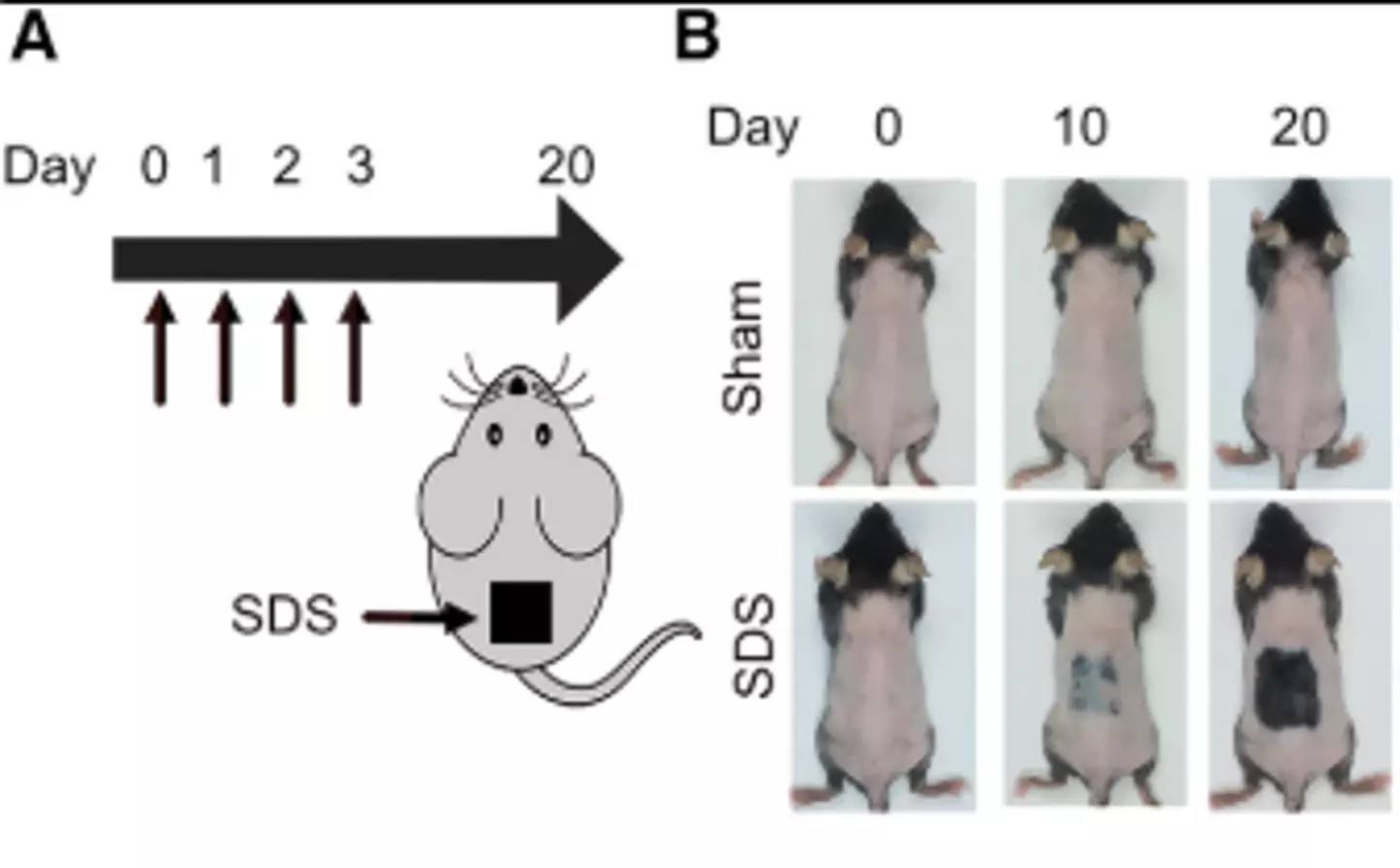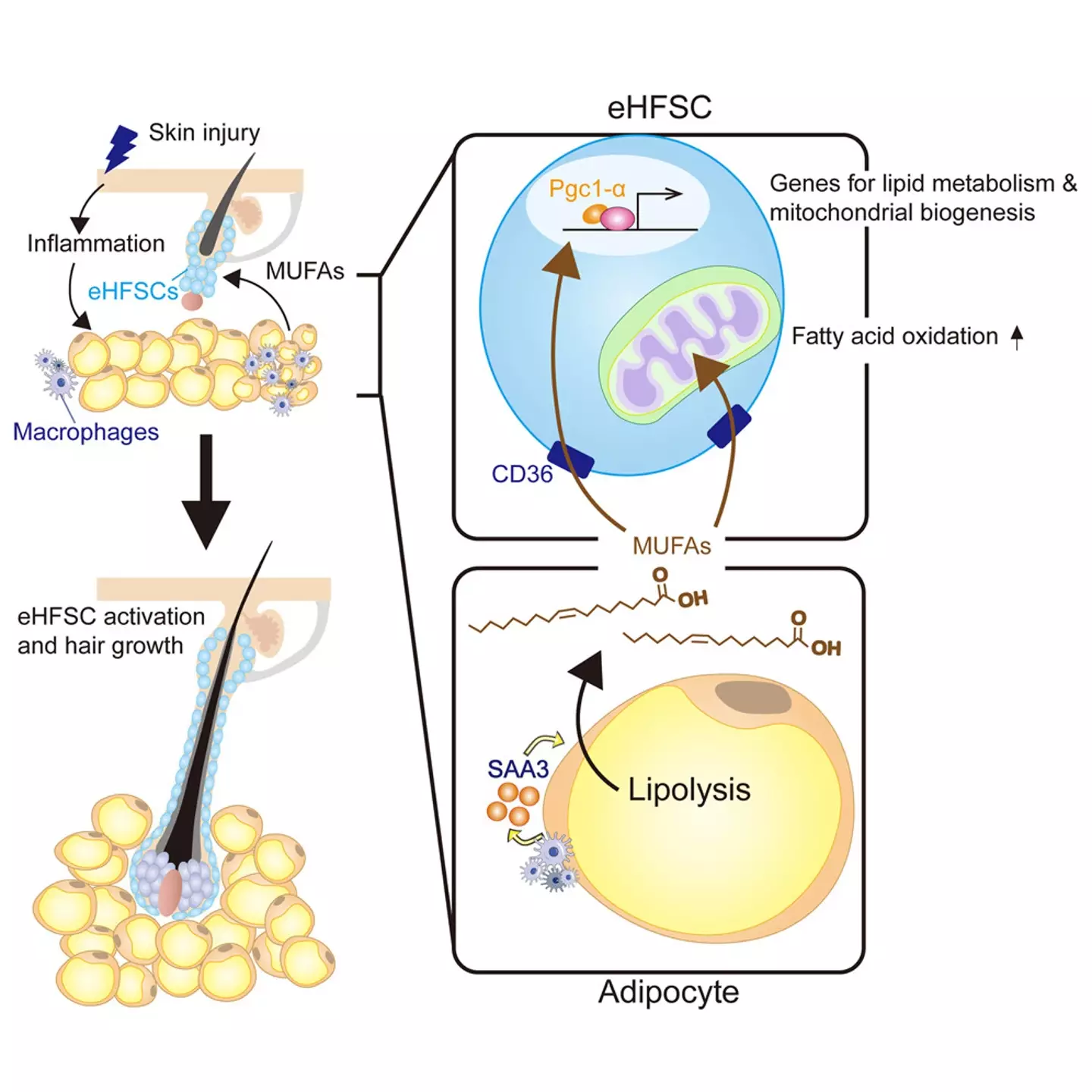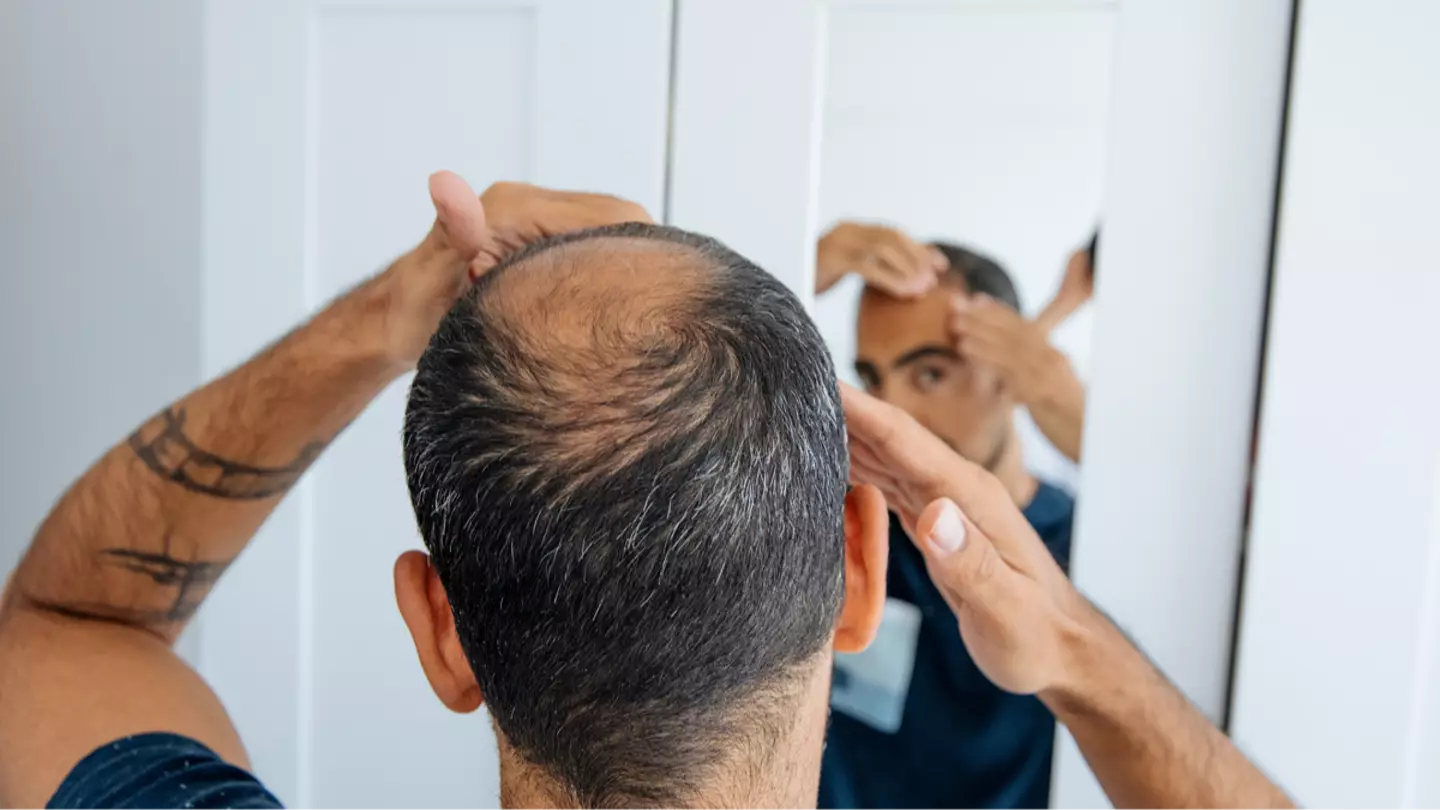Researchers have achieved a significant advancement with a novel solution for hair loss that reportedly shows results in as little as 20 days. Hair loss impacts over 80 million individuals in the United States, with androgenetic alopecia being the most prevalent form.
Statistics indicate that the issue is especially common among men, with an estimated two-thirds likely to experience noticeable hair loss by age 35. This figure rises to approximately 85 percent by age 50.
In efforts to preserve youthful, full hair, many have opted for hair transplants, though these procedures carry certain risks.
The National Institutes of Health (NIH) acknowledges that while the surgery is generally safe, it can lead to complications ranging from itching and dissatisfaction to more severe surgical issues such as infections, wound separation, and skin tissue death.
A recent study suggests that surgical interventions to address hair loss may soon become unnecessary.

Scientists at National Taiwan University have developed a skin-applied serum, which has been shown to restore hair growth in mice, according to their findings published in Cell Metabolism.
The serum operates by stimulating skin fat cells to regenerate hair follicles.
The research team notes that the serum consists of naturally occurring fatty acids, which do not irritate the skin and could potentially become an over-the-counter product.
Professor Sung–Jan Lin, one of the study’s authors, expressed his confidence in the product by testing it on his own legs.
In an interview with New Scientist, he stated: “I personally applied these fatty acids, dissolved in alcohol, on my thighs for three weeks and I found it promoted hair regrowth.”

The study builds on the known phenomenon where injuries or skin irritation can lead to excessive hair growth, known as hypertrichosis.
For their experiments, the researchers induced eczema by applying sodium dodecyl sulfate (SDS) to shaved skin areas on the backs of mice.
Within just 10 days, new hair follicles began to form in some areas, measuring only fractions of a millimeter wide.
Conversely, hair did not regrow in areas that were not irritated or in mice that were not exposed to the chemical irritant.
The researchers theorize that the irritant causes immune cells to migrate to the subcutaneous fat layer, where they release fatty acids absorbed by hair follicle stem cells, promoting hair growth.

“These results demonstrate that skin injury not only induces tissue inflammation but also stimulates hair regeneration,” the authors explain.
To avoid skin irritation, the team formulated fatty acids without chemical irritants, achieving similar hair growth stimulation with minimal side effects.
Moving forward, the researchers plan to test the serum on human scalps to determine effective dosages.
“Supported by our experimental results, demonstrating hair growth activation upon topical application of monounsaturated fatty acids, their natural existence and established safety profile suggest considerable potential for treating hair loss conditions in the future,” they concluded.

